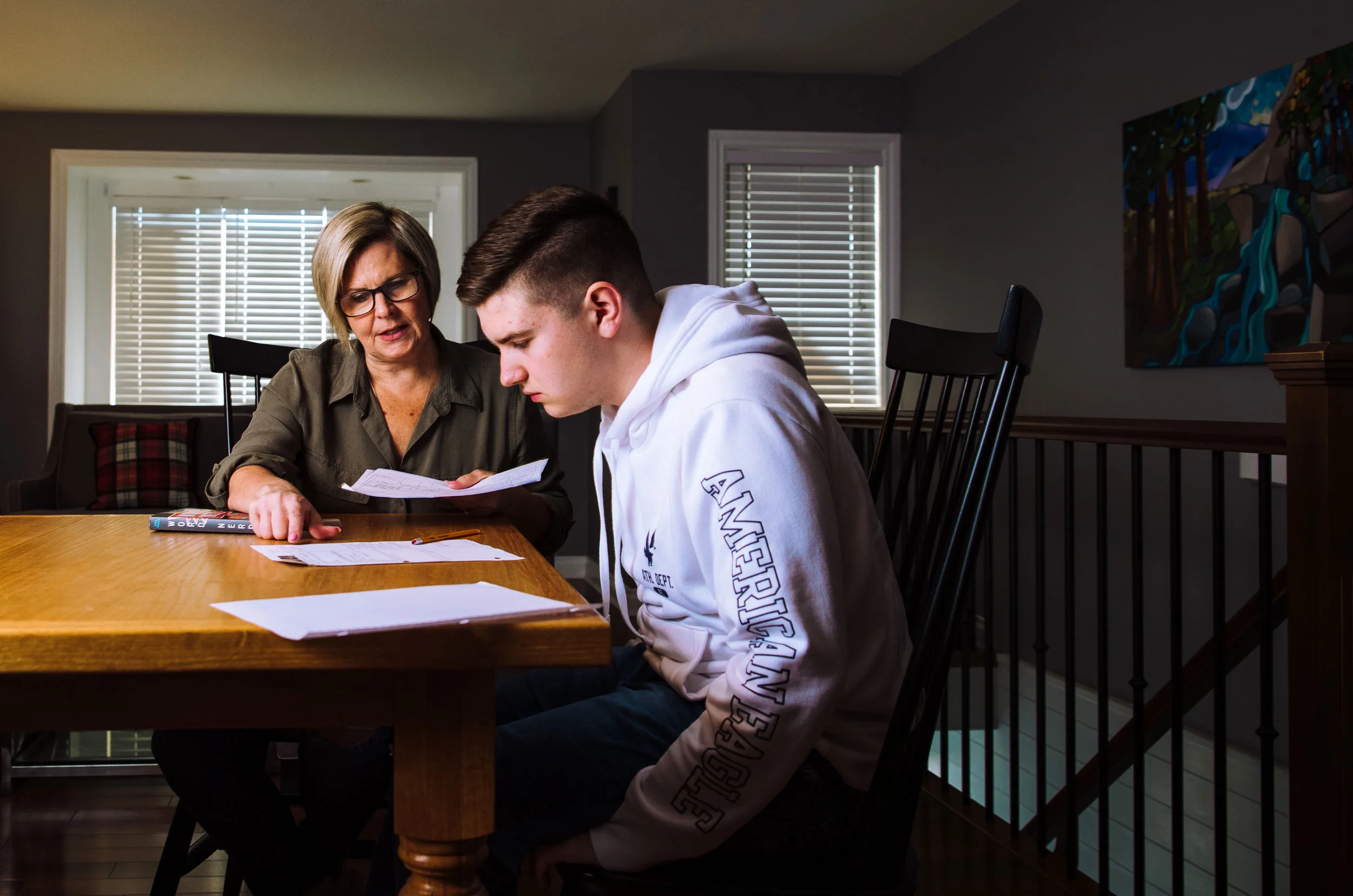Inclusion BC Update: March 26, 2020
- Q & A with CLBC: Answers from Minister Simpson and CEO Ross Chilton
- B.C.’s Emergency Plan: Disability Care is Deemed an Essential Service
Questions and Answers with CLBC about
B.C.’s COVID-19 Response Plan
Earlier today, Community Living BC hosted a public conference call with the Honourable Shane Simpson, Minister of Social Development and Poverty Reduction (SDPR), David Galbraith, Deputy Minister, Dr. Danièle Behn Smith, Deputy Provincial Health Officer, and Community Living BC CEO Ross Chilton.
The panel answered several questions for individuals and families about CLBC services and supports during the current COVID-19 pandemic. CLBC has promised to provide a transcript of the call with their responses in the next few days. For more information, see CLBC Information on COVID-19.
We want to share three highlights—three questions and three answers—from the call.
- Will disability care and support be deemed an “essential service”?
Answer: Yes. Minister Simpson told us that disability care and support services have been deemed as essential services under the new emergency order, which was issued today by B.C.’s Minister of Public Safety and Solicitor General, Mike Farnworth. This is very important for people receiving disability support services because it means that the service will continue while other non-essential services are suspended. (See the summary of the emergency measures in the section below.) - Will families lose their funding if they can’t find support staff to provide services?
Answer: No. Ross Chilton said that families wouldn’t lose their individualized funding if they are unable to use it because of disruptions caused by the COVID-19 pandemic. Chilton suggested that the funds will be able to be “rolled over” to the next year. You will need to contact your CLBC office to confirm the details. - I work, and I receive Person With Disability (PWD) support. I have lost my job and will apply to Employment Insurance (EI). Will I get my full amount of PWD when I get EI benefits?
Answer: We’re working on it… Minister Simpson acknowledged that PWD and financial support is a priority issue for his ministry. The ministry is trying to coordinate PWD payments with federal payments and other benefits that may become available to help people deal with the disruptions caused by COVID-19.
At Inclusion BC, we are pleased to hear that:
- Essential Service: The provincial government has declared that disability care is an “essential service” as we have requested.
- Continuous Support: The Ministry of SDPR and CLBC are committed to ensuring that people with disabilities have access to support services they need while adapting to the changes required by the COVID-19 Response.
Our priority for the next week at Inclusion BC will be to continue advocating for:
- Better financial support for people with disabilities and their families during the COVID-19 pandemic.
- Clarity on what financial support is available and how to get it.
Stay healthy!
B.C. Emergency Measures
Disability care is deemed an essential service
as part of B.C.’s COVID-19 response plan
B.C.’s Minister of Public Safety and Solicitor General, Mike Farnworth, issued a series of ministerial orders to ensure a co-ordinated response to COVID-19 across all levels of government for the duration of the provincial emergency. This included a ministerial order:
- Protecting B.C.’s most vulnerable: Making it easier to support critical services for vulnerable people, like food banks and shelters.
In consultation with Dr. Bonnie Henry, B.C.’s Provincial Health Officer, the government has defined essential services British Columbians rely on in their daily lives in the context of COVID-19 response and recovery.
Essential services are those daily services essential to preserving life, health, public safety and basic societal functioning. They are the services British Columbians rely on in their daily lives. In addition to direct-to-public health services, health service providers, and law enforcement, the list of essential services includes the following services which are relevant to our community.
Vulnerable population service providers:
- community services and outreach for immigrants, refugees, vulnerable populations and non-market housing, including businesses that sell, rent or repair assistive/mobility/medical devices, aids and/or supplies;
- care for seniors, adults, children or individuals with disabilities;
- elder and disability care, including disabled service support for people with physical and cognitive disabilities;
- residential and care facilities and shelters for seniors, adults, children and people with disabilities.
See the full list of essential services and provincial press release here: Province takes unprecedented steps to support COVID-19 response




